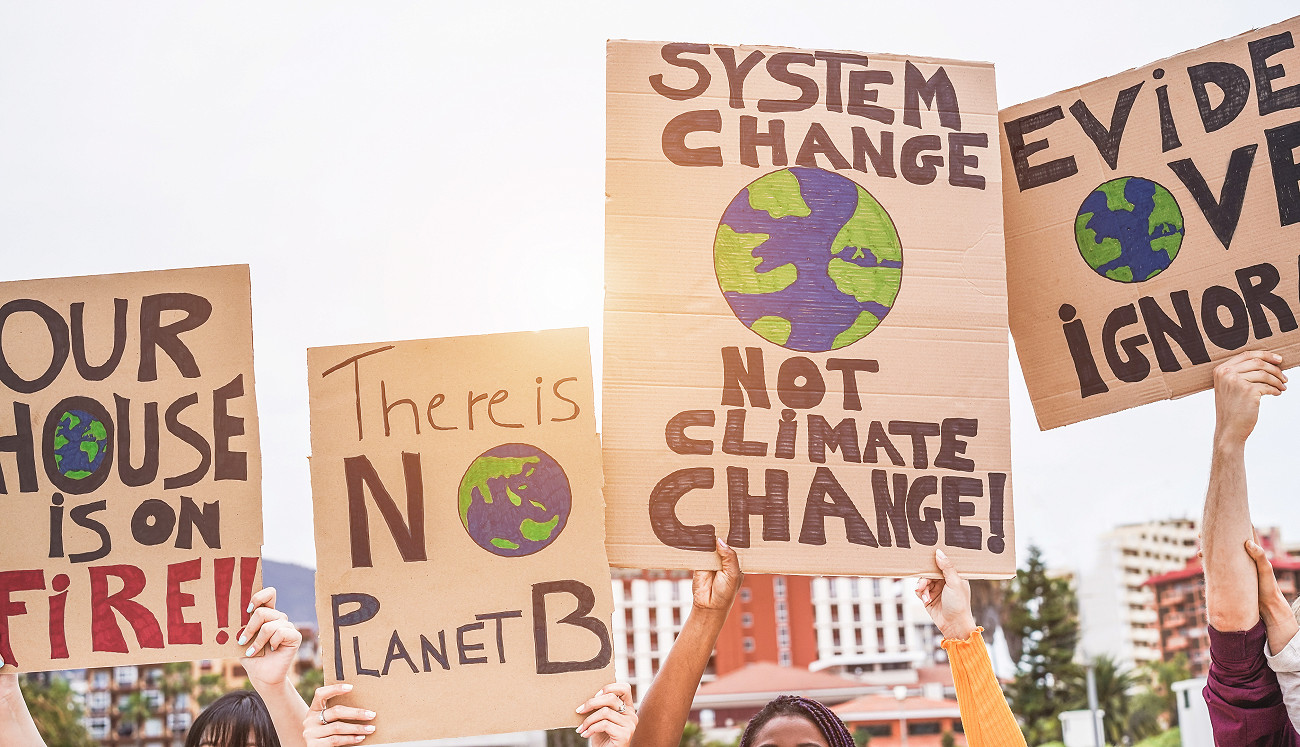If the last few years have shown anything, it’s that there are changing expectations when it comes to sustainability. Businesses are expected to no longer just refrain from creating harm to the environment, but proactively take positive steps to reduce their carbon footprint.
Ambitious climate commitments are being seen in all industries and all kinds of businesses, whether this is a nationwide organisation employing over a thousand people, or a small family business.
The COP26 Summit, which is taking place in Glasgow this month, has subjected these issues to further scrutiny. It will see the coming together of 30,000 climate experts, policymakers, and world leaders to agree on further targets for greenhouse gas emission reduction.
Within Scotland itself, only 11 percent of businesses are taking steps to reduce their carbon footprint, and only 50 percent of businesses believe that the issue is relevant, according to the British Chamber of Commerce. The main barriers preventing respondents from making their business more sustainable were high upfront costs (34%) and a lack of finance (30%).
These concerns are understandable, but in not taking the necessary steps to address these issues — or even recognising the issues — businesses are blithely dismissing the established consensus that ‘we must do all we can.’ Going against this consensus will only harm your reputation amongst peers and stakeholders.
And research shows this. According to McKinsey, the public are increasingly favouring companies which best manage their environmental and social impact — support was highest amongst the youngest respondents, so-called Gen Z. Perhaps it’s no wonder, our children will be the ones responsible when we’re gone.
Don't get left behind
The market is only going in one direction of travel, so businesses need to make net zero commitments if they want to continue picking up public contracts, keep their customers on side, and not find themselves left behind by the rest of the market in 10 years (or sooner).
One change you can make is to get your workforce involved at all levels of the business. Integrate the environmental message not only at executive level but into entry and middle level training.
By generating conversations about climate change, you can hand your staff control to take initiatives of their own or make suggestions for improvements. People have shown their willingness to integrate sustainable thinking into their private lives (such as recycling, or going vegan), so why wouldn’t they integrate this thinking into their working lives.
Research has shown that investors that allocate a small part of their portfolios to carbon allowances could potentially protect themselves against climate transition risks. Lacking any form of environmental integrity could seriously harm your reputation, it is therefore important to set out a well-articulated narrative of your strategy to reduce carbon emissions to net zero and contribute to global decarbonisation.
An ever-increasing number of companies are realising how shifting investor preferences are changing the basis for competition — capital markets are increasingly building emissions risk into asset prices. However, this does not mean net zero is in sight just yet.
The world is moving is one direction, so ignoring or failing to do enough to combat these issues will only render you in a not so favourable light.
Reputational Recommendations
- Take stock. Better understand what you are currently doing across the business. Many companies are already taking positive proactive steps to improve their environmental impact. Understand what you are doing at the moment, and take steps to give visibility to this internally and externally.
- Quantify your impact. It is difficult to understand a business’s positive or negative impact without hard data. Alongside your standard annual financing accounting, take the time to quantify any environmental impact — and track how that is changing year-on-year. Make it an integral part of your reporting.
- Integrate environmental impact into your brand. Companies should also take selective steps to ensure that sustainability and impact are not only seen as secondary ‘bolt-ons’ to a business — but become a core part of your mission, brand, and corporate philosophy.

